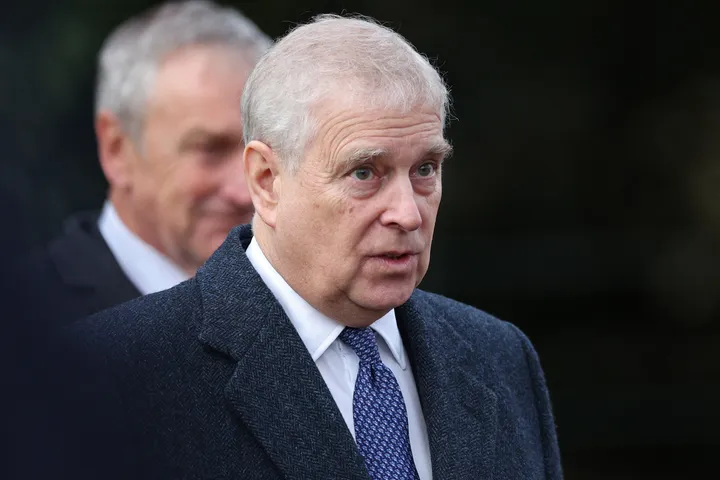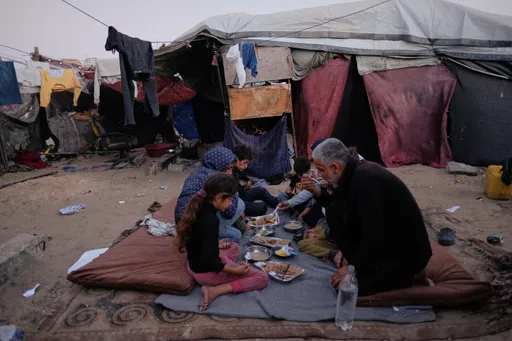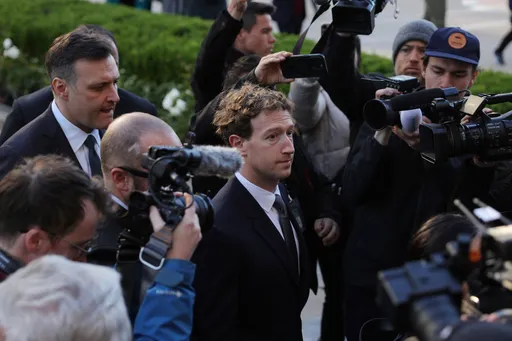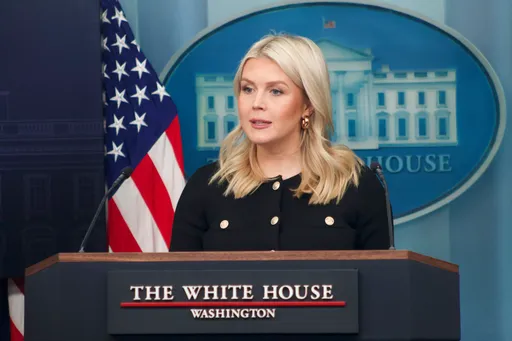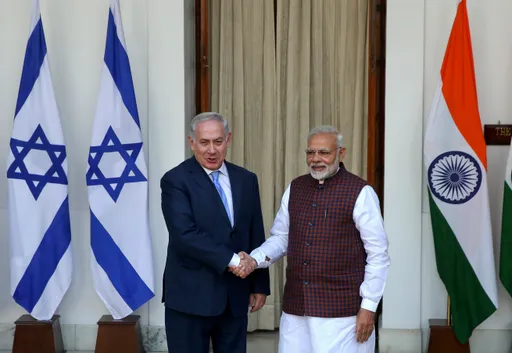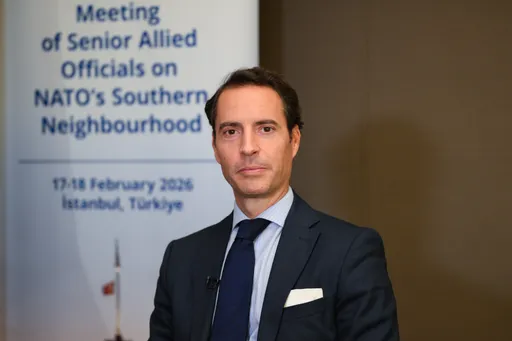Julius Malema is known as South Africa's firebrand youth leader. This is reflected in his conviction in the cause, his unapologetically inflammatory statements and the punch of his parlance.
“We are not Mandela and we are not going to do Mandela things here. We are going to do our own things now. And this will benefit our children,” he told TRT World's Crossing The Line show.
His statement reflects a shift in policy that his five-year-old party – South Africa’s far-left Economic Freedom Fighters – is attempting to take, after 24 years spent under the rule of the African National Congress. Their organisation, which claims to stand for the rights of the ordinary people, is seen as a breath of fresh air to some, and as downright fascist to others.
Nevertheless, Malema is no stranger to politics in the so-called "rainbow nation," known for its vibrant multiculturalism. The 37-year-old entered politics at an early age – joining the ANC Youth League when he was just 16. However, accusations of inflammatory racist rhetoric had him expelled. It was his singing of the apartheid-era, and now outlawed, song "Dubula Ibhunu" ("Shoot the Boer") that prompted his expulsion in 2012.
After leaving the ANC, many thought he would disappear. Even Malema himself thought he was “finished politically.” Instead, he consolidated, building his base and launching the far-left Economic Freedom Fighters – a party he claims has been gaining grassroots popularity in the past few years.
The EFF may have only snapped up 8.2 percent of seats in the 2016 municipal elections, but one thing is undoubtedly clear. The EFF has begun stirring the melting pot that is South Africa’s racially charged politics and is seeking to hold the ANC to account.
Their actions have set the agenda for what is spoken about in South Africa, something that Malema says is to the EFF’s credit.
“When we said fees must fall, when we said free education is possible, they said all manner of things later on to agree with us. We said Zuma must go, they said no. Zuma later on left. We said expropriation of land without compensation, they came on board,” Malema told The Newsmakers.
Land occupation is another topic that Malema has also muscled his way into with verbal tussles over the proposed policy of land expropriation without compensation. Stemming from the days of Dutch and British colonialism, a 2017 government audit found that 72 percent of South African land was owned by white people. Although the ANC promised to bring the issue of land expropriation into the foreground when they came into power in 1994, barely any progress has been made in the intervening years. Today’s ANC government, headed by Cyril Ramaphosa, has finally decided to adopt the policy – but not before the EFF furiously advocated for them to do so.
Malema’s time in charge of the EFF hasn’t been without its difficulties, however. His time in politics has also been littered with corruption allegations, even as recently as early 2018, when Malema was accused of accepting bribes. Reports say that millions of South African Rand were deposited into the EFF family trust, but Malema has denied the allegations.
He was once tipped, by former president Jacob Zuma, to be the future leader of the country. This admiration was mutual – Malema once suggested, controversially, that a woman who accused Zuma of raping her had “a nice time.”
This relationship later turned sour though. “In his very ignorant, arrogant and politically illiterate articulation, Jacob Zuma says he does not know why he had to leave the office of the president,” Malema said, a few years after his departure from the ANC “This is because those who engaged with him are afraid and very scared of him. Therefore, we wish to take this opportunity to remind him of his many sins but because they are many we will state just a few.”
Branded in 2010 as one of Time magazine’s least influential people of 2010, Malema has been compared to former US Vice President Joe Biden – “if instead of innocuous, silly slip-ups, Biden delivered violent, racist, misogynist rants.” Time went on to say “It got so bad, he's been censured by his party and convicted of hate speech.”
Malema is also renown for his way with words – notably, he once said the the EFF was not calling for the white genocide “yet.” The phrase generated some backlash, which he dismissed as “alarmists” and attempted to put the statement into context.
“This inequality, which is growing, which the gap is widening and racially based – blacks becoming more poorer and whites becoming more richer is not sustainable,” Malema explained, warning it would lead to “loss of life”.
“So I am saying to you, not under my leadership will we call for the slaughter of white people. I don't know who is coming after me, I will not speak for them.”
Nevertheless, he is adamant about the racism that he says is still prevalent in South African society today.
“They (white people) hate the idea of equality. That irritates them. That a monkey can never be equal to a white man,” he said.
“White people are scared of equality. They don't want it because equality is a threat to privilege.”
Despite his socialist agenda, Malema has an ostentatious lifestyle. His Louis Vuitton loafers, paired with the EFF’s flashy red jumpsuit – representing communism and labour – are not unlike fellow “champagne socialist” Fidel Castro, who famously wore Rolexes.
And what of the negative reputation socialism had after the collapse of the Soviet Union, along with mounting pressure on Venezuela’s socialist government?
Malema says China is still a “model” for nations that want to take up the socialist cause and that they are in the process of getting there. “They (the Chinese) have never abandoned the strategic vision and mission of the Communist Party.”
So with the clout that the EFF has, is there a future for a socialist party in South Africa?
“Our people take time to adjust to new ideas,” he said, referencing previous parties whose popularity waned after enjoying a brief period of success.
“People must see us stay in power so they don’t invest their emotions into a popcorn organisation which is going to disappear in the next two months.”

